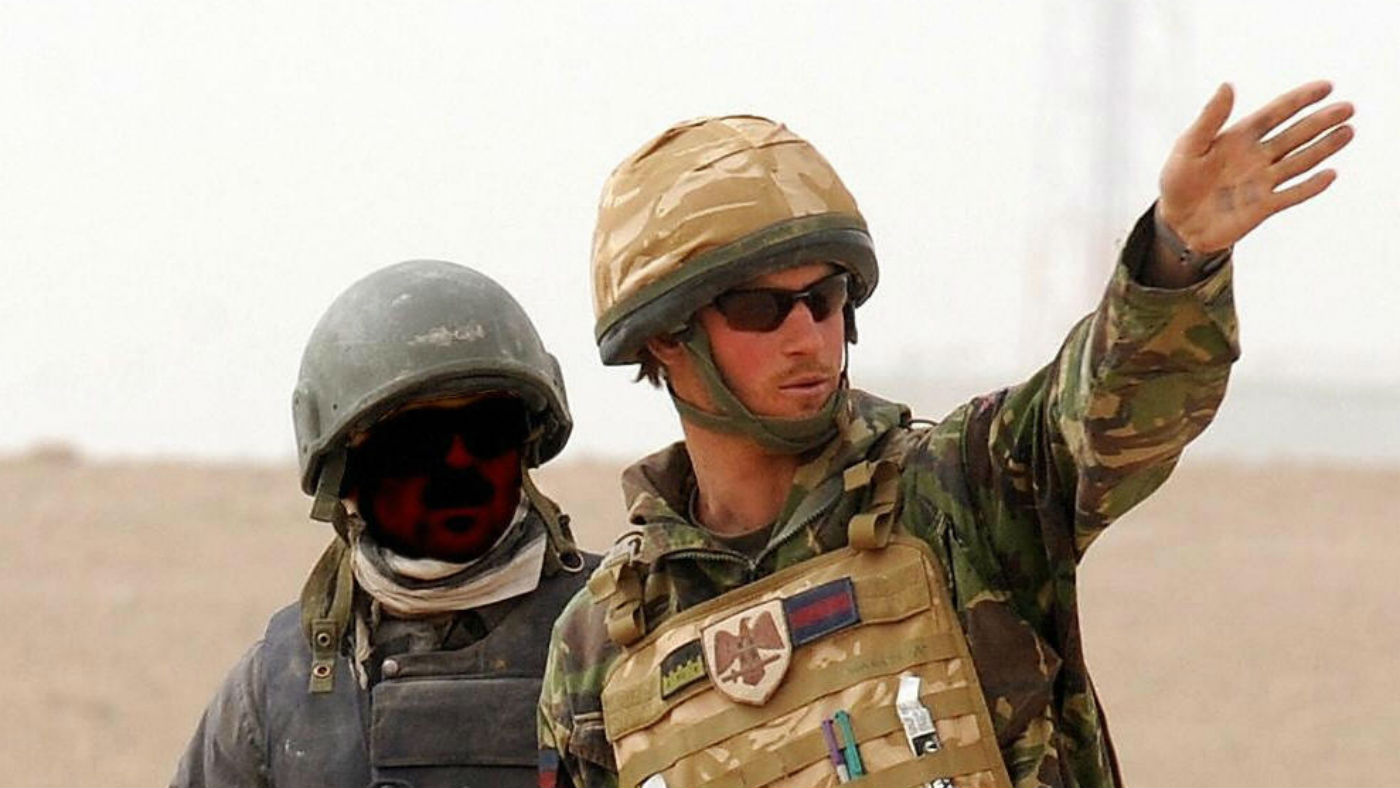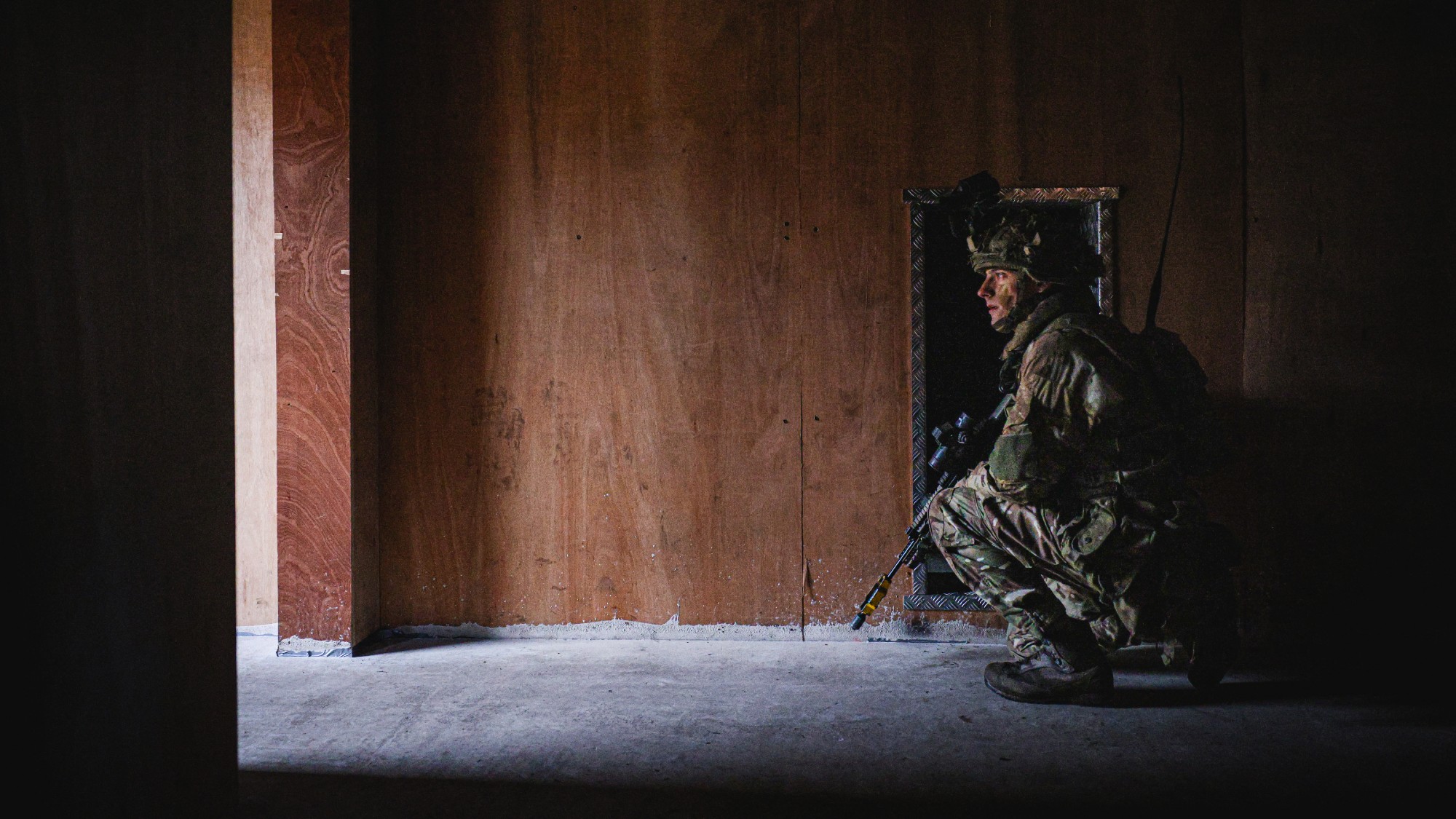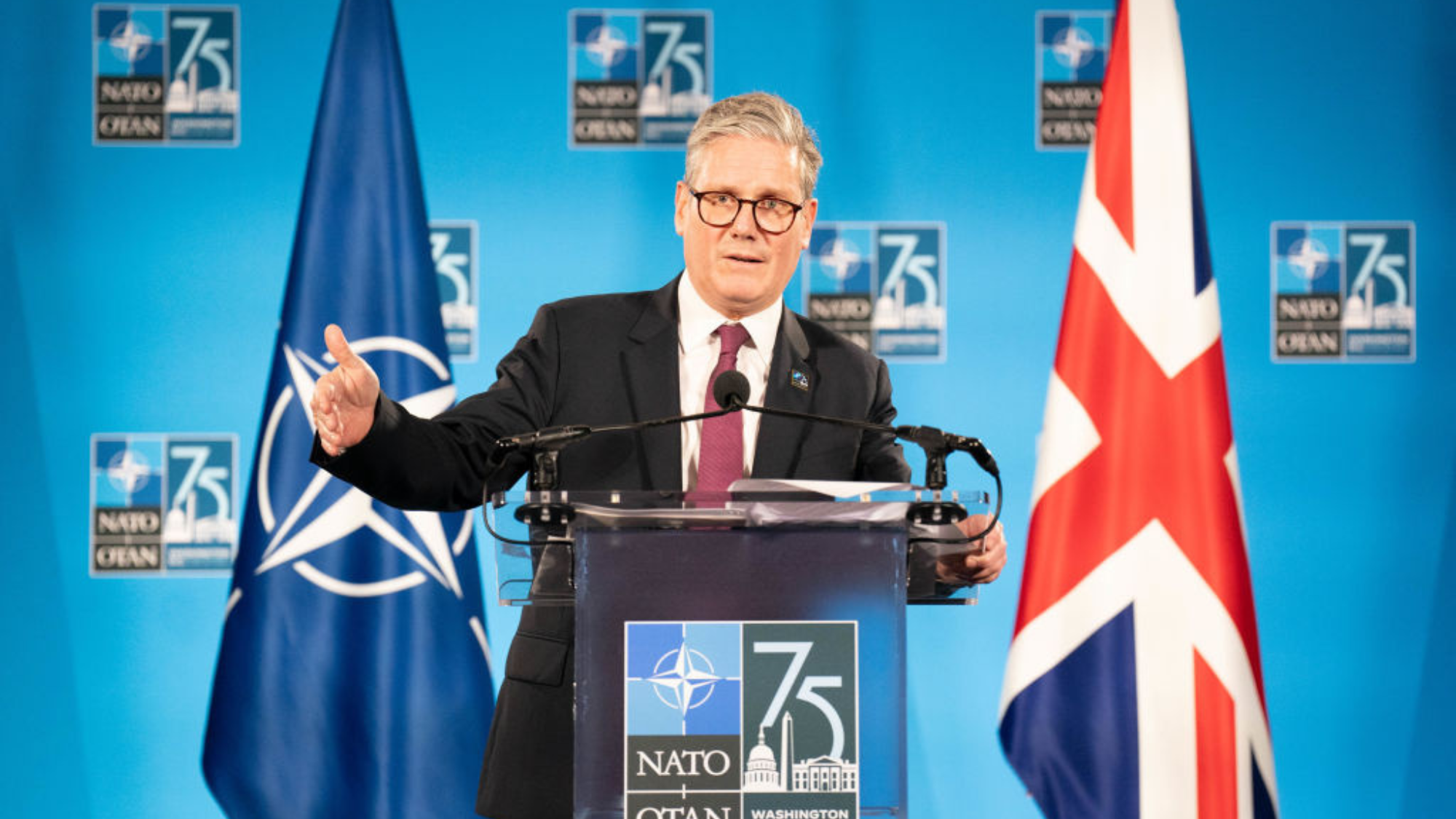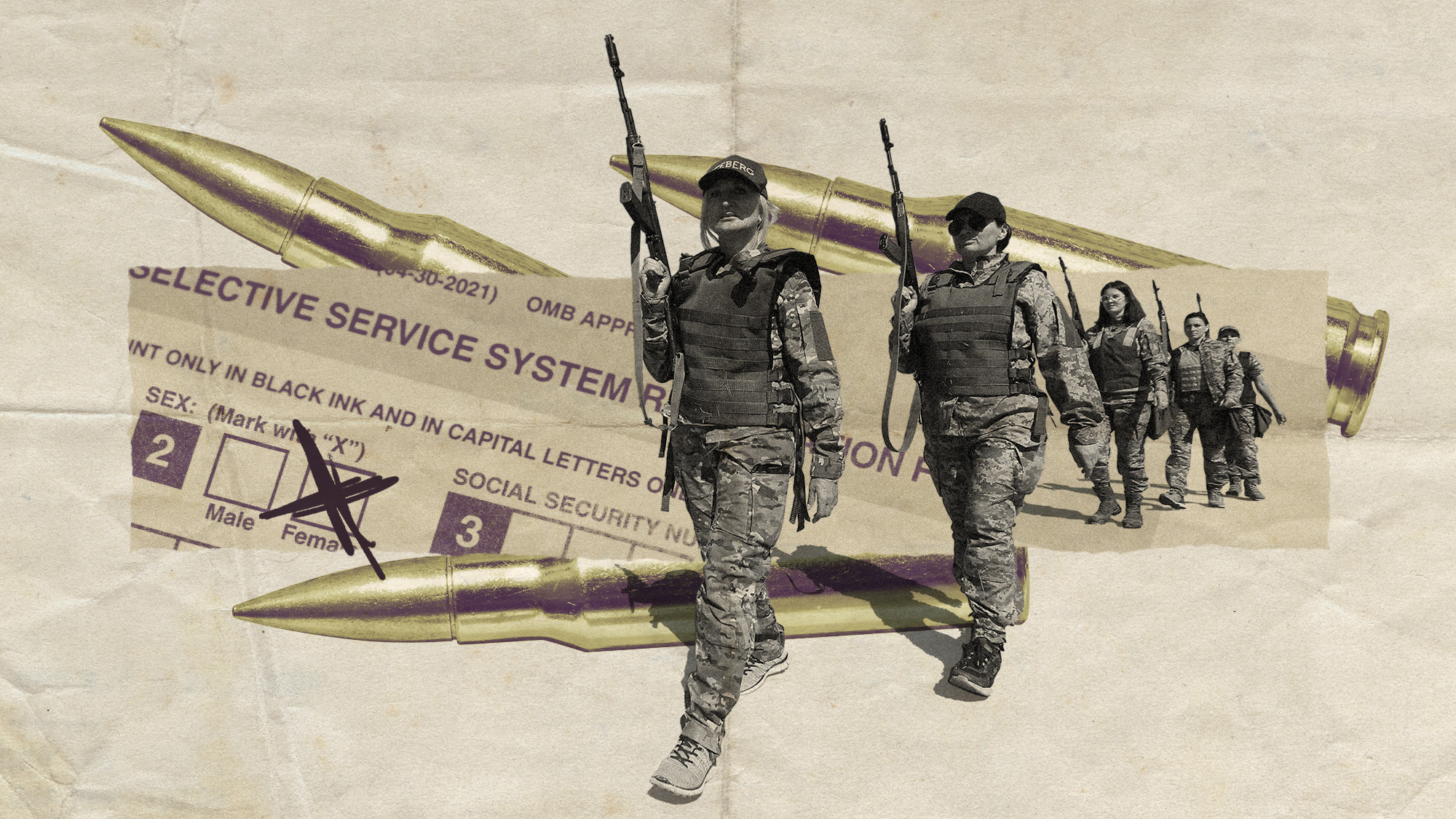Afghan army interpreters given right to settle in UK
Government changes policy after lobbying campaign and years of legal limbo

A free daily email with the biggest news stories of the day – and the best features from TheWeek.com
You are now subscribed
Your newsletter sign-up was successful
Afghan interpreters who served alongside the British army have been granted the right to resettle in the UK.
Under the government’s previous relocation scheme, only interpreters who served with the British army in Afghanistan’s Helmand province from 2012 and for at least a year were eligible to resettle in the UK.
Now, following years of lobbying and legal uncertainty, the government has announced that around 50 interpreters who served on the frontline alongside British soldiers as far back as 2006 will be granted five-year visas to Britain as part of new qualifying measures. They will also be able to bring their wives and children, taking the figure to an estimated 200.
The Week
Escape your echo chamber. Get the facts behind the news, plus analysis from multiple perspectives.

Sign up for The Week's Free Newsletters
From our morning news briefing to a weekly Good News Newsletter, get the best of The Week delivered directly to your inbox.
From our morning news briefing to a weekly Good News Newsletter, get the best of The Week delivered directly to your inbox.
The move comes at a time when the British government has faced “severe criticism for its treatment of immigrants and Afghan interpreters” reports CNN.
Despite the worsening security situation in Afghanistan, as recently as April a government policy review insisted it remained a safe country for Afghans who had assisted the British army during the nearly two decades-long conflict.
Last month more than 150 interpreters signed a joint letter to the Home Secretary Sajid Javid saying they'd been told to pay thousands of pounds in visa application fees.
The government’s decision to extend the scheme has been hailed by the Daily Mail as a “huge victory” for the paper’s three-year Betrayal of the Brave campaign, which revealed how interpreters left behind in Afghanistan were shot at, issued with death threats and even executed on their doorsteps.
A free daily email with the biggest news stories of the day – and the best features from TheWeek.com
Writing for the Mail, the Defence Secretary Gavin Williamson praised interpreters as the “unsung heroes” who served with “dazzling distinction” following the 2001 US-led military invasion.
He admitted the existing policy “failed to take account of the immense sacrifice and service of many who had left before that time [2012]”.
Yet despite welcoming the change in policy, campaigners believe the proposed changes could help some interpreters who served, “but would still leave a large number who are being removed at risk” says CNN.
-
 How the FCC’s ‘equal time’ rule works
How the FCC’s ‘equal time’ rule worksIn the Spotlight The law is at the heart of the Colbert-CBS conflict
-
 What is the endgame in the DHS shutdown?
What is the endgame in the DHS shutdown?Today’s Big Question Democrats want to rein in ICE’s immigration crackdown
-
 ‘Poor time management isn’t just an inconvenience’
‘Poor time management isn’t just an inconvenience’Instant Opinion Opinion, comment and editorials of the day
-
 Is conscription the answer to Europe’s security woes?
Is conscription the answer to Europe’s security woes?Today's Big Question How best to boost troop numbers to deal with Russian threat is ‘prompting fierce and soul-searching debates’
-
 Operation Rubific: the government's secret Afghan relocation scheme
Operation Rubific: the government's secret Afghan relocation schemeThe Explainer Massive data leak a 'national embarrassment' that has ended up costing taxpayer billions
-
 Is UK's new defence plan transformational or too little, too late?
Is UK's new defence plan transformational or too little, too late?Today's Big Question Labour's 10-year strategy 'an exercise in tightly bounded ambition' already 'overshadowed by a row over money'
-
 The state of Britain's Armed Forces
The state of Britain's Armed ForcesThe Explainer Geopolitical unrest and the unreliability of the Trump administration have led to a frantic re-evaluation of the UK's military capabilities
-
 Is Europe's defence too reliant on the US?
Is Europe's defence too reliant on the US?Today's Big Question As the UK and EU plan to 're-arm', how easy will it be to disentangle from US equipment and support?
-
 Is the British Army ready to deploy to Ukraine?
Is the British Army ready to deploy to Ukraine?Today's Big Question The UK 'would be expected to play a major role' if a peacekeeping force is sent to enforce ceasefire with Russia
-
 British defence: the crisis in the Armed Forces
British defence: the crisis in the Armed ForcesTalking Point Depleted military power may not be able to meet its own commitment to up defence spending to 2.5%
-
 The issue of women and conscription
The issue of women and conscriptionUnder the radar Ukraine military adviser hints at widening draft to women, as other countries weigh defence options amid global insecurity